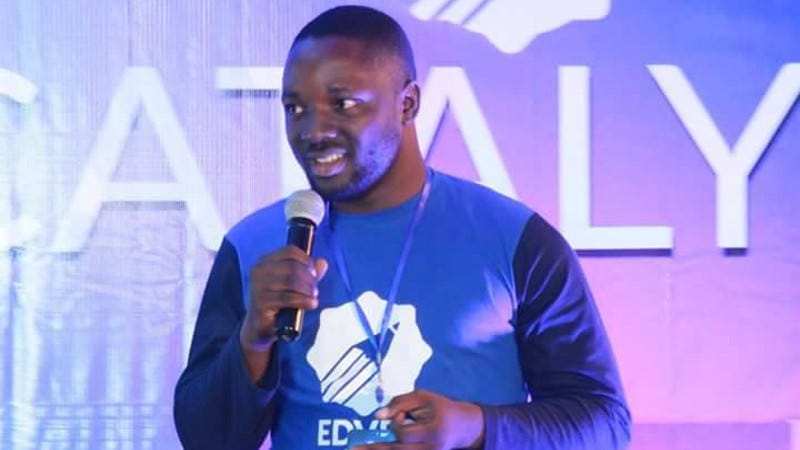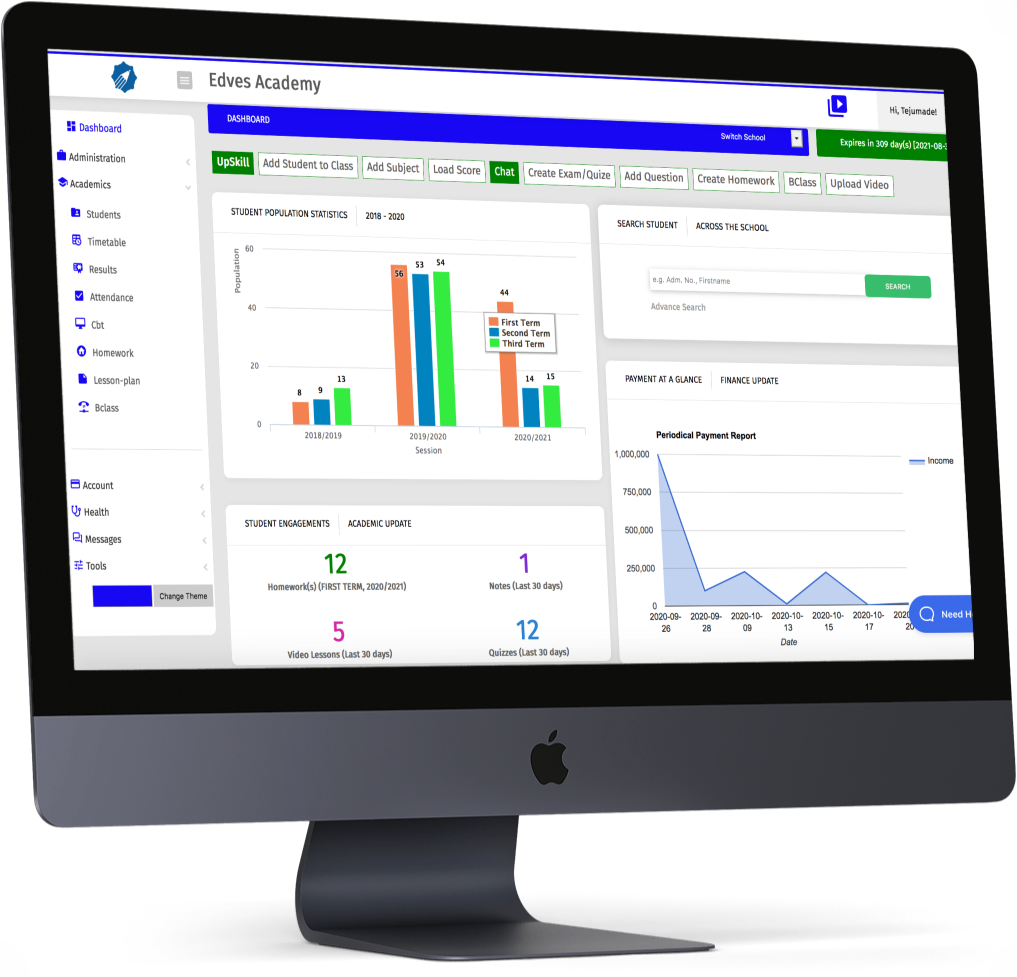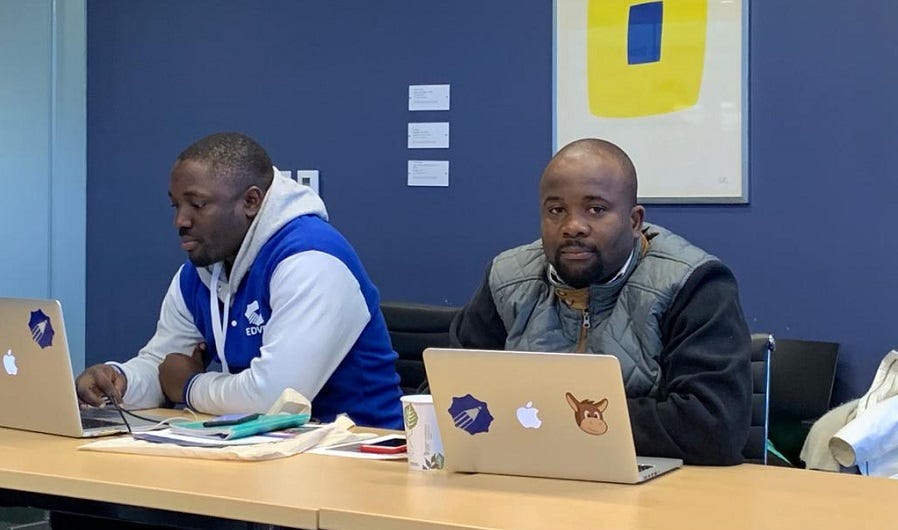Edtech in Nigeria
This week’s guest is Dimeji Falana. He’s the co-founder of Edves, an edtech startup based in Nigeria.
Where do you hail from?
I’m from Osun State, Nigeria and I’m now based in Lagos.
What was it like growing up there?
I was one of four children. I grew up in a community where each family was looking out for one another. So for example if there was a child that wasn’t in school on a particular day the community would take it upon themselves to make sure that child went to school.
What were you doing before founding Edves?
I studied computer science at Ilorin University. After graduating I did a 3 month internship in Lagos and that was where I learnt how to develop websites. That was really my first foray into the tech industry.
What does Edves do?
Edves digitizes school operations - both private and public. From Kindergarten all the way through to grade 12. We simplify the process of enrolling students and generating billing for parents in private schools.
In a public schools it is focussed on enrolment, attendance tracking and sharing content between teachers and students for a blended learning experience.
Administrators can also use the platform to engage the parents and keep them up-to-date on the progress of their child’s studies.
What’s your team size?
45. This comprises backend and dev op engineers, product designers, sales, marketing, customer success, and the accounts team.
Have you raised funding or bootstrapped?
We were bootstrapped for several years. In 2011 started a company called IT Vessel, which was a startup that developed software for the banking and finance industry. Edves was one of the products in the IT Vessel portfolio.
Once the product started showing early signs of getting traction in the market we joined an accelerator program in Lagos. 12 months later we grew to have over 60 schools on our platform and that point we shut down IT Vessel and incorporated Edves as it’s own company.
In 2017 we enrolled for several accelerator programs and up placing third in Seedstars. In 2018 we won the global Seedstars prize in Lausanne, Switzerland which came with a $50K grant. This then opened the door to start having discussions with investors and shortly thereafter we secured a $120K pre-seed round in Q3 of 2018. Then in Q3 of this year we closed a seed round of $575K.
What’s your business model?
We have different annual subscription packages which are charged per student. On average we charge $9 per student per annum.
Which countries are you operating in?
Nigeria, Ghana and Zimbabwe. We are looking to expand into at least two more markets before the end of 2021.
What do you think the biggest challenge is that African startups currently face?
Possessing the knowledge on how to get to an MVP (minimum viable product) in the shortest time possible. I have seen a lot of startups raising large rounds but have still failed to figure out their MVP.
Once you solve your MVP you’ll have clarity on the size of the problem that exists and most importantly the amount of money your customers are willing to pay to solve this problem.
What excites most about Africa’s startup ecosystem?
So many products have yet to be built here on the continent and so the market opportunities are massive. In recent years a cadre of startups have been able to prove that African startups can solve African problems and this is resulting in a greater inflow of capital into the continent and a faster growing startup ecosystem. This will be a win-win for all those involved.
Advice to up and coming African entrepreneurs?
Look beyond the fund raising game. Look inwards and try to ascertain whether you are able to serve an identified market with a solution to a known problem. How can you then take such a solution and make it scale.
In the news 🚀
🇿🇦 South African adtech startup, Adbot, has raised $500K from Enygma Ventures to help it grow its customer base.
🇳🇬 Wicrypt, a Nigerian blockchain-based wifi sharing startup, has closed a $1.5 million funding round to help it expand into new countries.
🇪🇬 Egyptian home furniture e-commerce startup, Efreshli, has closed a seed round of $500K to help it double down on growth.
🇿🇦 Find out the SASSA payment dates.





Very nice to read about the latest tech progress in Africa :D